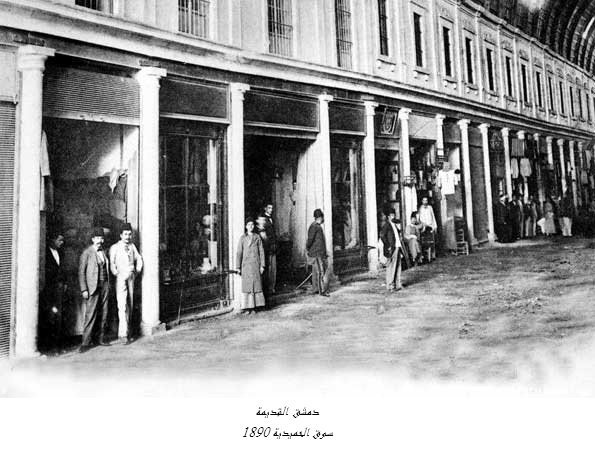Syrian Nostalgia Sweeps Facebook

SMN No. 8, September 2, 2010
Old photographs and historical memories recall the pre-Baathist era
A wave of nostalgia is sweeping over Syrian groups on Facebook, with hundreds of members sharing vintage photos of the country from the first half of the twentieth century.
These groups are focusing on the time of the French mandate and the post-independence period before the Baath party took control in 1963. This period is considered by many Syrian activists as a time of national unity and thriving political and civil life, compared to the country’s current situation. Most comments on the groups reflect Syrian nostalgia from for these past times.
One page on the social media network is entitled “The Photographic Museum of Syria” and has attracted more than 500 members since its recent creation. Started by a number of Syrian expatriates, the stated mission of the group is to highlight the “beauty, history, tradition and details of daily life” of bygone times in Syria.
Among the old photos of the Syrian landscape and historical venues are portraits of historical national and cultural figures.
The emblem of the group is an old version of the Syrian flag, used between the 1920s and the 1950s, described as a period of “national unity and national struggle”. The group’s administrators also noted that during those days, the notion of citizenship and equality were forged and took precedent over religious belonging.
The group even includes photos of Iskenderun or Alexandretta as an “inalienable part of the soul of Syria”. Iskenderun was annexed to Turkey in 1939.
[wp-imageflow2]
Another group, founded in 2007, called “Damascus In Black and White”, has around 700 members and hosts many old photos and articles on the history of Damascus and its architecture during the first half of the last century.
Several other groups also focus their attention on this era, with one aiming to “rewrite the recent political history of Syria”. It was created in May and has more than 250 members. The group’s creator says that he wanted to bring attention to the first part of the twentieth century because the current Syrian regime is attempting to cast a shadow over the country’s history.

